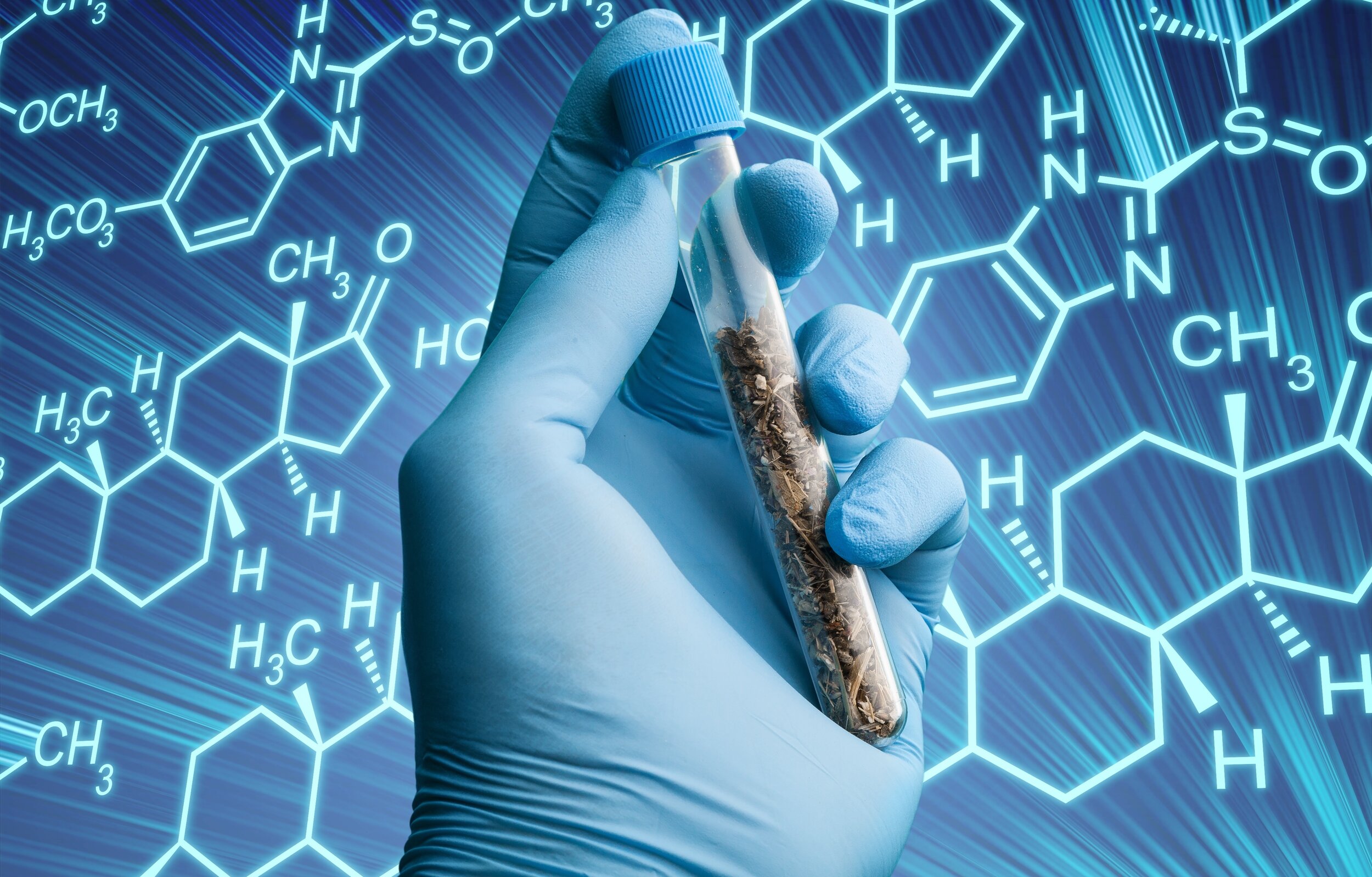Marijuana Is Addictive
/Here is How we Know
Anything we consume that affects the Nucleus Acumbens (part of the pleasure/reward pathway in the brain) has the potential to be addictive. The Nucleus Acumbens has a high concentration of CB1 receptors which process THC - the cannabinoid in marijuana that makes a user high. This means marijuana affects the Nucleus Acumbens and can be addictive. Things like antibiotics do not affect the Nucleus Acumbens, and as a result, we don’t get addicted to them
Marijuana also meets many criteria for Biological Addiction - 3 major criteria are:
Tolerance -- to achieve the original level of “high,” many users must consume more marijuana
Withdrawal symptoms -- discomfort (mild to severe) may be experienced when a user quits consuming marijuana
Continued use despite negative consequences -- some users cannot stop using even when negative things occur as a result of their marijuana use
The National Institute of Drug Abuse (NIDA) estimates 30% of marijuana users have a Cannabis Use Disorder (CUD). A CUD is a spectrum that includes addiction and heavy or persistent use, whereby a user experiences issues as a result of having their lives organized around the drug. Evidence from the NIH.
It is believed by addiction scientists that the extremely high levels of THC found in most marijuana products today is contributing further to the addictive nature of the drug today.
Contrary to social belief, marijuana use and addiction can cause anxiety and depression, make depression worse and create other mental health disorders through psychosis.


